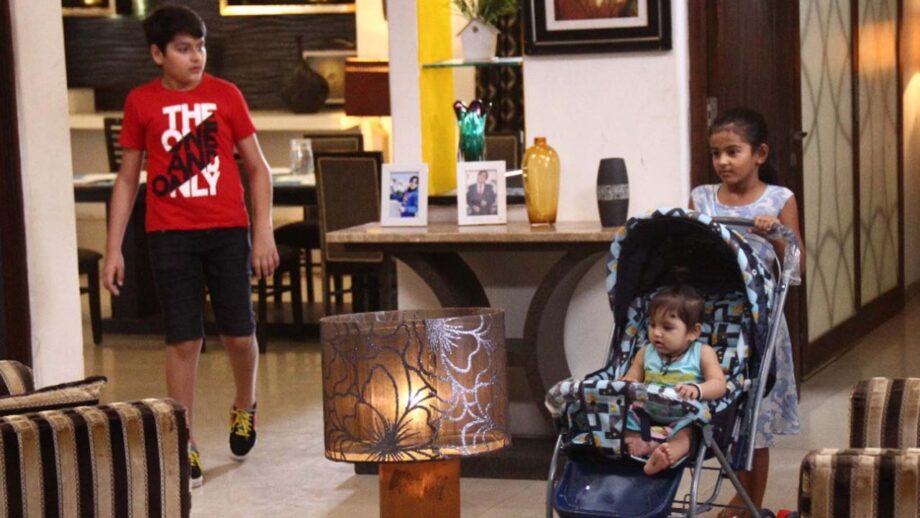Wagle Ki Duniya has been an audience favorite with relatable connect to the urban Indian audience, leaving an essence of being an entertainer while also educating and reflecting a good-natured value system. Deviating completely from the run of the mill saas bahu drama, Wagle Ki Duniya broaches social issues of our daily lives making the plots more meaningful. In the upcoming episodes, the show sheds light on the practice of child labor and its ramifications in our lives.
The house helper Asha is facing a financial turmoil and is feeling helpless when she learns about Jyoti’s cousin needing a full-time baby sister for her infant. Asha reluctantly puts her eight-year-old daughter Komal on the job to take care of the child, thinking that she will get a good family to stay with and will get proper meals on time along with some additional monetary support. Komal who is a child herself is forced to take care of the infant while staying away from her mother. Atharva sees this and feels very sorry for Komal. He finds himself unable to sleep at night and thinks of ways to help the little girl out. Rajesh and Vandana realize that Atharva is hiding something and coax him to share whatever has been bothering him. When they finally find out about Komal they are deeply saddened by the misery of Asha and decide to handle the situation themselves.
How will the Wagles deal with this sensitive yet deeply disturbing and wrongful practice of child labour? Will they understand Asha’s desperation of putting her young daughter to work or will they change her perspective and lend support?
Sumeet Raghvan who plays the role of Rajesh Wagle comments “Child labour has been a major concern as it affects are both mentally and physically on children, depriving them of a healthy and happy childhood. People who have a difficult economic background often see these job opportunities for their kids that are masked with benefits of good meals, hygienic living conditions and money as a better life for their kids but fail to understand the repercussions of this forced labour on the minds of their kids. The upcoming episodes will serve as a food for thought for all of us who may have seen such things happening in our own surroundings and the simple ways in which we as individuals can change the narrative”.


